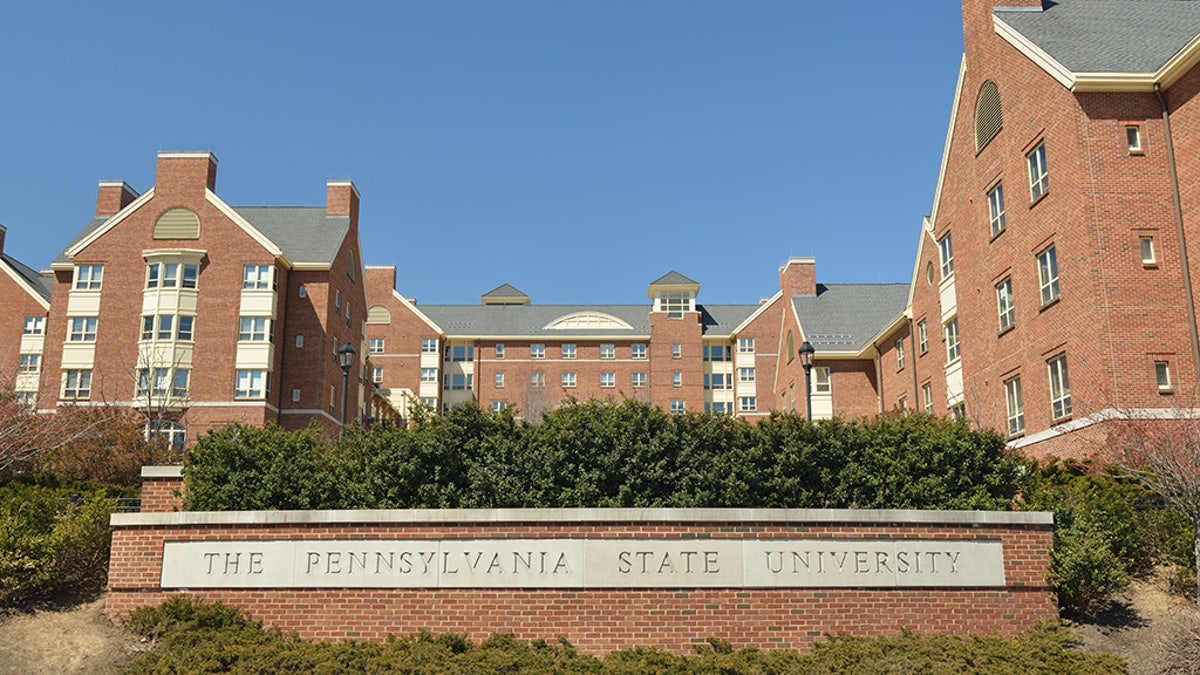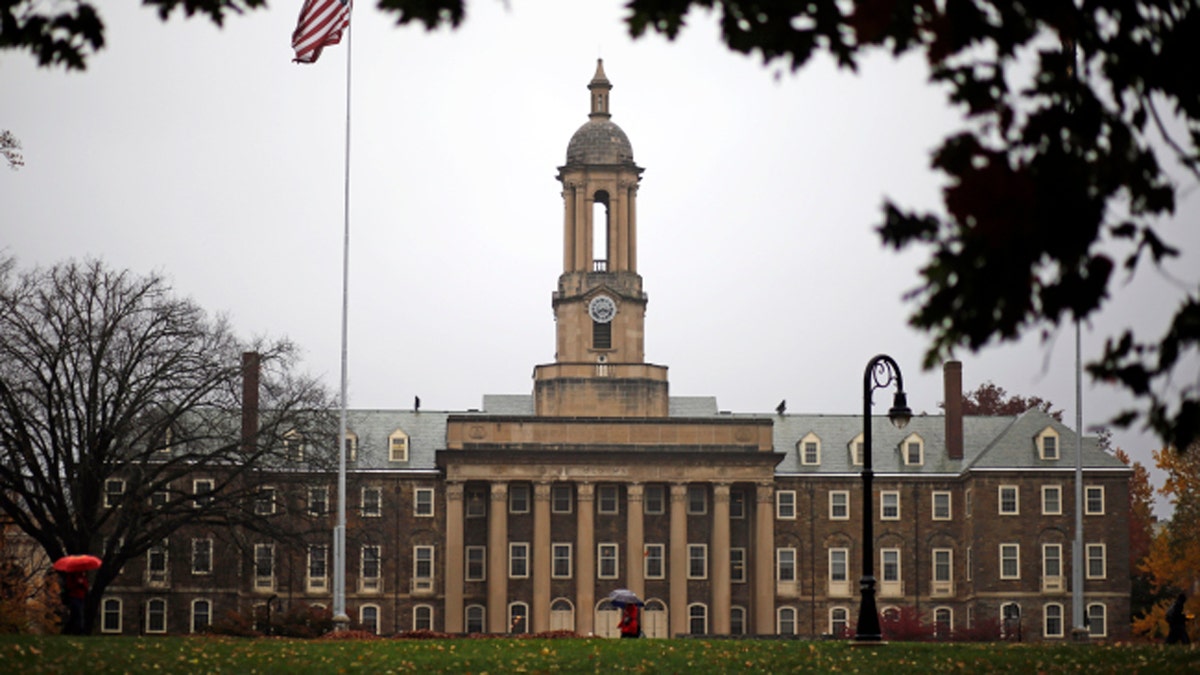Experts talk diversity, equity and inclusion efforts on college campuses
DEI efforts are expanding at universities across the country.
Penn State University’s new administration, led by President Neeli Bendapudi, has backtracked on several racial justice policies installed under previous leadership, according to a new report.
Following the death of George Floyd, then-President Eric Barron convened the Select Penn State Presidential Commission on Racism, Bias and Community Safety and tasked them with studying how university resources could be used to address diversity, equity and inclusion.
The research led Penn State to announce three subcommittees: The DEI infrastructure inventory subcommittee, the Truth and Reconciliation Process subcommittee and the Anti-Racism Institute subcommittee.

Campus view of Penn State University at University Park, State College, Pennsylvania, USA. (iStock)
However, in conversations with Spotlight PA which released the report on the university, the current Senior Director of University Public Relations distanced themselves from the subcommittees and claimed that they were "not a formal University effort."
Several professors told the online publication that the characterization was shocking and claimed that they were asked to be a part of the committee through a university process, worked on the committees during school hours, and used university-provided resources.
The vast array of diversity, equity and inclusion initiates spawned at Penn State in 2020 was met by skepticism by some members of the school’s Board of Trustees, according to a document unearthed by Spotlight PA.
The document questioned whether "teaching America’s exceptionalism remains a core objective at Penn State," and raised concerns that mandating anti-racism classes at Penn State would only further "politicize college education."
The letter also suggested a study into the university’s history on racial justice would "end up as a little-used library resource."

Diversity equity inclusion symbol. Concept words 'Diversity equity inclusion' on wooden blocks on blue grey background. Diversity, business, inclusion and equity concept. (iStock)
The University has also recently canceled the planned construction of the Center for Racial Justice, an endeavor formulated under Barron that would have cost around $3.5 million, and instead pledged funds to existing racial justice efforts. This center was also criticized by the document, which wondered if it would detract from the school’s ability to help prepare students for full-time jobs.
In November during a town hall, Bendapudi expressed doubts about the center’s success.
"My concern is that, frankly, every single university is establishing these centers, and I think that’s a great idea" she said. "But I also worry that is not necessarily what will move the needle for us."
At the time, Bendapudi declined to provide a dollar amount for what the university planned to invest in racial justice efforts, but the school’s leadership has insisted it "will be at least as much as would have been committed" to the scrapped center.
A letter penned to the university and signed by over 400 school faculty members across various Penn State campuses expressed their disappointment in the decision and claimed that it was the latest incident in a long list of broken promises on issues of racial justice by the school.
STANFORD’S ‘INDEX OF FORBIDDEN WORDS’ EVISCERATED ON TWITTER: ‘INTELLECTUAL MORONS’

A Penn State student walks in the rain past Old Main on the Penn State main campus in State College, Pa., Wednesday, Oct. 28, 2015. (AP Photo/Gene J. Puskar) (AP )
The letter referred to a More Rivers to Cross report which claimed that the university historically lacked Black faculty and had engaged in academic racism, and a documentary that asserted Penn State leadership had repeatedly failed to address racially motivated death threats on campus.
It also claimed that the university officials came to their decision on the center without consulting key community leadership, including the authors of More Rivers to Cross, members of the Presidential Commission, the university’s Truth and Reconciliation Committee, staff, committees, and students who "labored to make the center happen," State College first reported.
The written response from faculty also found it "disturbing" that the decision came after the "Stand Back and Stand By" event, where the Proud Boys’ Gavin McGinnes arrived at campus to perform in a comedy show. Students and faculty have previously criticized the university and police response to the event, which they said endangered the safety of protesters.
CLICK HERE TO GET THE FOX NEWS APP
Other universities across the country have created similar racial-justice centers in the past few years. The state of Pennsylvania awarded Temple University $1.3 million to build their "Center for Anti-Racism" in January.
Penn State University did not return Fox News Digital’s request for comment.











































